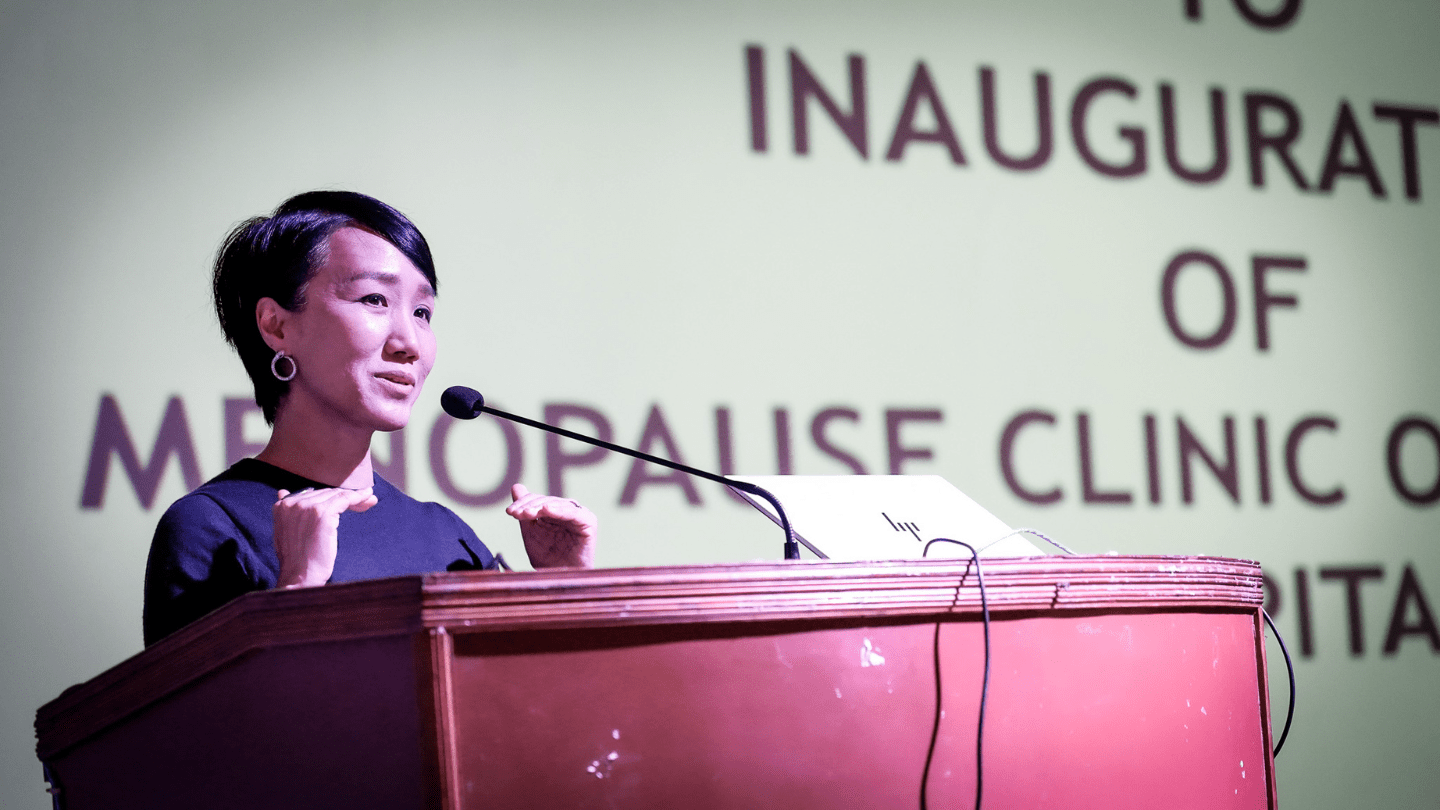When Women Are Heard, Health Gets Better
Menopause is a universal experience—but too often, it’s met with silence. Many women go through it without the information, care, or support they need. They’re told to accept the hot flashes, sleepless nights, mood changes, and joint pain as a “normal” part of aging.
But what if we stopped brushing it off?
In Nepal, UNFPA and Dhulikhel Hospital have come together to say: we’re not ignoring this anymore. Together, they’ve launched a new initiative to support women through perimenopause and menopause—starting with the first dedicated multi-specialty clinic of its kind at Dhulikhel Hospital.
And that’s just the beginning.
Why Menopause Matters
More women are living longer. That means they’re spending more years in menopause and beyond. By 2050, women over 50 will make up more than a third of the global population.
In Nepal, that number is rising fast—from 2.7 million women over 50 in 2021 to an expected 6.3 million by 2050. Yet, there’s still very little conversation—or support—around what this phase of life actually looks like for women.
Menopause can bring real physical and emotional challenges. But in Nepal, most women don’t get the information or care they need. Many suffer silently, normalize the discomfort, or are simply told to “endure it.”
Access to healthcare is limited, especially outside the cities. And even when women do seek help, many doctors aren’t trained in managing menopausal health. That’s what this partnership wants to change.
What This Partnership Will Do
This collaboration between UNFPA and Dhulikhel Hospital isn’t just about building one clinic—it’s about shifting how we think about women’s health as a whole.
Here’s what the partnership is setting out to do:
Set up a model clinic at Dhulikhel Hospital where women can get holistic, respectful care for menopause-related issues. The goal is for this model to be replicated in other hospitals across Nepal.
Train health workers—from nurses to doctors—so that they feel confident supporting women in this life stage, no matter where they work.
Start the conversation in public. Menopause isn’t something to be whispered about. Through awareness campaigns, the partnership will help women understand their bodies better—and know where to go for support.
Push for better policies. Because no woman should have to choose between her health and her job, the partnership will also advocate for national guidelines and workplace support.
Put women’s experiences at the center. Research and community listening will guide this work—especially to understand how menopause affects women in different parts of Nepal, and what they need most.
Why Dhulikhel Hospital?
Dhulikhel Hospital is not just a hospital. It’s a training ground for health professionals across the country—and a trusted provider for rural and urban communities alike. With its strong OBGYN department and network of satellite clinics, Dhulikhel is well-positioned to lead the way in changing how Nepal cares for menopausal women.
What’s Next?
The first clinic is just the start. UNFPA and Dhulikhel Hospital are now engaging with the government, medical associations, and other partners to expand this work. The hope is to eventually reach women in every province—whether they live in a busy city or a quiet village. Because when we support women through every stage of life—not just when they are young or having children—we’re investing in stronger families, healthier communities, and a more equal world.
And it starts by saying what hasn’t been said enough: Menopause matters. Women matter. And they deserve care that listens.


